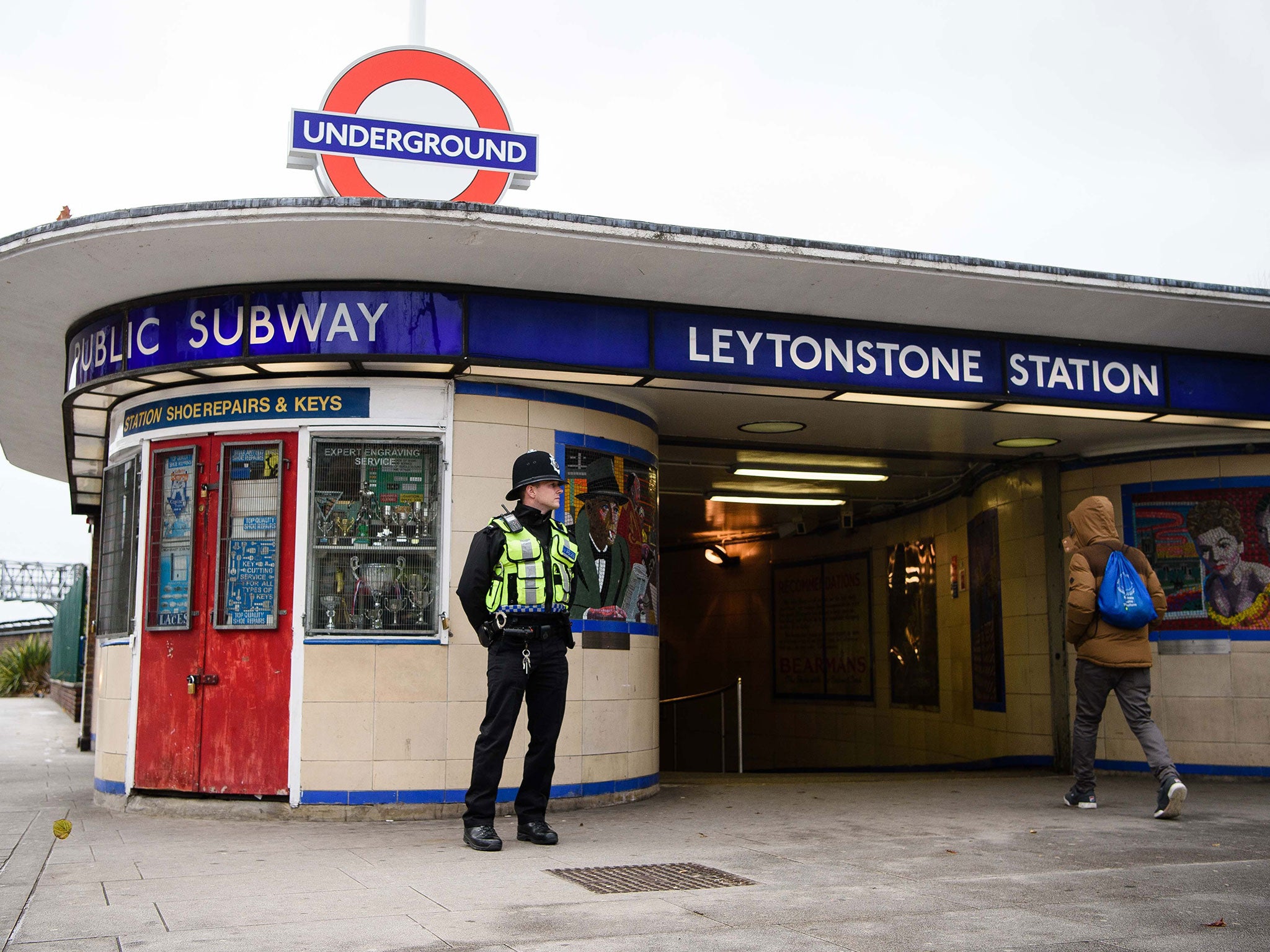What is a terror attack? Question raised as people compare Leytonstone stabbing and Tesco 'white power' attack
Police classed the Leytonstone stabbing as a 'terrorist incident' but the suspect has been charged with attempted murder

"Muslim + violence = terrorism. Non-Muslim + violence = hate crime."
In the aftermath of the Leytonstone stabbing on Saturday night, the above tweet has encapsulated how many feel the coverage of the incident has been warped because of the alleged attacker's race.
People are comparing it to coverage of an incident earlier this year - in which a white supremacist tried to behead a Sikh man shopping in Tesco - that was widely reported as a racially motivated hate crime, but not as a terror attack.
And despite Scotland Yard originally saying they were treating Saturday night’s incident at Leytonstone Underground station as an alleged “terrorist incident” - the suspect now stands accused of attempted murder.
That was also the charge facing 26-year-old Zack Davies, who was jailed for life after attempting to behead a Sikh dentist in Tesco while shouting “white power”.
The alleged neo-Nazi later claimed he was trying to avenge the murder of Lee Rigby with the machete attack.
The victim’s brother, Dr Tarlochan Singh Bhambra, said at the time that the family believed that, had the “racial disposition” of the case been reversed, the machete attack would have been reported as terrorism.
Dozens of people were writing on Twitter today to ask why the incidents were initially classifed differently.
So, what is terrorism?
MI5, the UK’s domestic security agency, admits that there is “no agreed definition of terrorism internationally”.
In its explanation, it describes terrorism as presenting a “serious and sustained threat” to Britain and its interests abroad, saying unnamed groups seek to “cause widespread disruption, fear and intimidation” with violence and threats.
“They often aim to influence government policies and they often reject existing democratic processes, or even democracy itself, as a means of achieving their objectives,” MI5’s website says.
In the US, the FBI defines terrorism as “the unlawful use of force or violence against persons or property to intimidate or coerce a government, the civilian population, or any segment thereof in furtherance of political or social objectives”.
The countries most impacted by global terrorism
Show all 11Is there a legal definition?
The UK’s Terrorism Act 2000 defines it as:
“The use or threat of action designed to influence the government or an international governmental organisation or to intimidate the public, or a section of the public; made for the purposes of advancing a political, religious, racial or ideological cause; and it involves or causes:
- serious violence against a person;
- serious damage to a property;
- a threat to a person's life;
- a serious risk to the health and safety of the public; or
- serious interference with or disruption to an electronic system
What are the criminal offences?
The Crown Prosecution Service (CPS) had laid down a series of tests to assess what charge to use when an offence is being prosecuted.
Based on the Terrorism Act, terror offences have been created to deal with acts and support for extremist groups.
They include preparing for acts of terrorism, training for terrorism, disseminating terrorist publications, fundraising and conspiracy to murder.
The full list can be found here.
What are the sentences?
Punishments for the terror offences listed above range from several months imprisonment to life sentences.
Attempted murder can also be punished with life imprisonment, although mitigating factors are taken into account.
Sentences are lengthened if the victim is seriously wounded, emotionally traumatised, if there is evidence of significant planning or if there are other aggravating factors.
There is a special clause on attempted murder for “political, religious or ideological causes” that brings the harshest sentence, and the 2008 Counter-Terrorism Act also says that any proven terrorist link must be treated as an aggravating factor.
Subscribe to Independent Premium to bookmark this article
Want to bookmark your favourite articles and stories to read or reference later? Start your Independent Premium subscription today.
